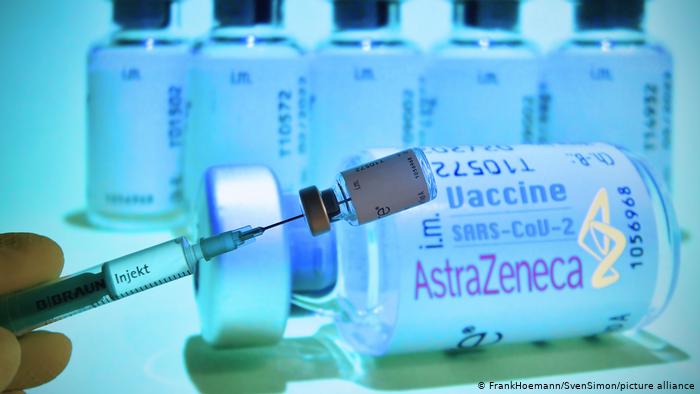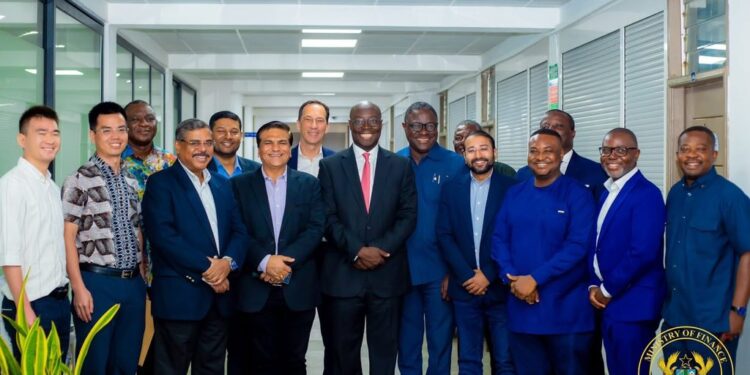Dr Franklin Asiedu-Bekoe, Director of Public Health at the Ghana Health Service (GHS) has indicated that, even after the first dose of the vaccine is administered, it is possible for persons who are exposed to severe coronavirus to still get infected.
Speaking in an interview, he stated that people who are vaccinated with the AstraZeneca COVID-19 vaccine will start building immunity against the coronavirus two weeks after taking the first jab and not immediately.
Dr. Asiedu-Bekoe averred that due to this, there is the need for everyone to observe social distancing, wear a nose masks, use alcohol-based hand sanitizer and wash hands with soap under running water frequently.
“It takes some time for the antibodies to start building up, and you can get infected if you are exposed to high doses of the virus, even after vaccination. That is why it is important for all to observe the safety protocols even after vaccination.”
Dr. Aseidu Bekoe
Dr Asiedu-Bekoe also noted that the nation would take delivery of more doses of the vaccine in the next three weeks in order to administer another batch of vaccines to the public. He explained that after the first dose, individuals would have to wait for between eight to twelve weeks before taking the second dose.

He further indicated that, government was still exploring and considering ways to access the Sputnik vaccine earmarked to Ghana by Russia at a cost of USD 10 per dose.
He also posited that, some possible, common reactions identified after taking a dose of the AstraZeneca vaccine are dizziness, decreased appetite, abdominal pain and enlarged lymph nodes, excessive sweating, itchy skin or rash effects.
Also, Dr Louisa Matey, Ayawaso West Municipal Director of Health Services, has debunked claims that COVID-19 vaccines cause infertility in men and women.
She intimated that the vaccines are scientifically verified by the World Health Organisation and fit for purpose, urging the general public to come out in their numbers to get vaccinated when the time is due.
Dr Matey disclosed that, the Municipality was the first to start the vaccination programme due to the high rate of infection in the area and said the programme would be undertaken in 12 days at 24 health centres, three of them being static centres, with the remaining being mobile sites.
She said after the 12 days, they would break for eight weeks and resume for the second dose.
The Municipal Health Director said they were hoping to administer at least 4,000 doses of vaccines in the Municipality with a focus on frontline health workers, chronically ill patients, frontline security personnel, persons over 60 years of age.
She entreated the public to get vaccinated so they could protect themselves and others to help stop the spread of the virus in the municipality and the country as well.
Ghana yesterday, March 2, 2021 started the mass vaccination exercise to help stop the spread of the coronavirus infections.
Front line health workers, adults aged 60 years and above, people with underlining health conditions such as diabetes, kidney diseases, hypertension, cancer, frontline security personnel, frontline government officials, the Media and all frontline workers in the formal sector are in the first group of people earmarked for the mass vaccination exercise.





















